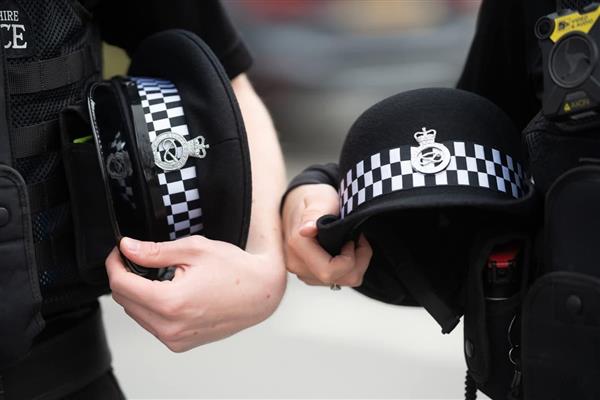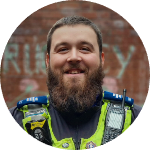|
||||
|
||||
|
|
||||
|
We are continuing to focus on child protection and safeguarding by revealing what kind of real-life scenarios officers often face when you call 999.
On this occasion, a teenager called us to say their mum had been assaulted by her partner in the family home.
When officers arrived, they were confronted with:
⦁ A distressed teenager ⦁ A child under three ⦁ A woman with injuries ⦁ A potential suspect at the scene.
This call to service was one of many that response officers, called out to domestic abuse, deal with daily.
So, what did the officers do and would you do the same?
First, one of the officers spoke to the woman, separately to the suspect, who was understandably reluctant to give an account.
Meanwhile, the other officer separated the woman from the teenager and the child and asked them what had happened.
You would perhaps think that the youngest child was too young to be spoken to and would perhaps be unaffected by what happened.
But, officers were continually assessing the home environment in order to evaluate what life was like in the home for the children.
By separating the children from the adults in order to speak to them, they were able to provide much-needed detail on what the assault looked like, how frequent this type of occurrence was, what their home-life looked like and the dynamics of the family.
By listening to the voice of the child, through assessing their understanding of what happened, recording their account and evaluating the impact of the incident on the children, officers were able arrest the suspect and provide important evidence to build a case against the offender.
Due to the crucial information from the children and officers’ listening to what home life was like for them, officers were able to liaise with the Crown Prosecution Service (CPS) and charges were authorised.
The suspect was placed on bail until the first court appearance, which ensured that the female and the children remained protected and safeguarded.
Our work is not just about helping the immediate and obvious victim when we attend these calls, but evaluating the environment that a child within the household lives in, assessing what life is like for the child. Our assessment is a part of giving the child a voice, regardless of their age.
These calls to service give us an opportunity to delve into the family dynamics and look for indicators to identify the potential for neglect, abuse and the need for additional support.
Children can’t always speak up for themselves, so it is our duty to ensure we protect them and be the voice for the child, especially when they don’t have the ability or confidence to speak for themselves.
To find out more about how we prioritise the voice of the child, see: https://orlo.uk/l8ay4 and https://orlo.uk/f7uyy .
To access partner services, for child and adult safeguarding, visit: https://orlo.uk/CyWdV .
In an emergency, call 999.
| ||||
Reply to this message | ||||
|
||||
|
|
|






